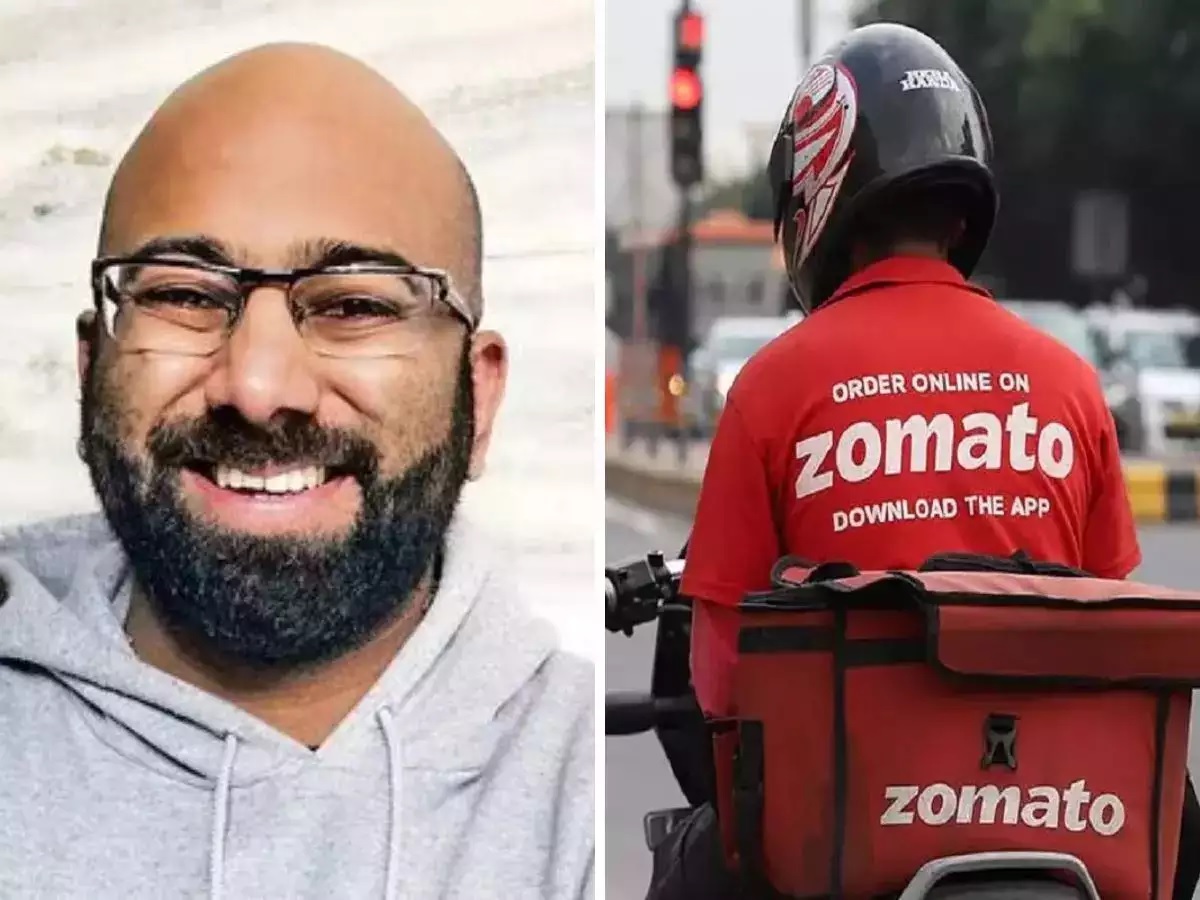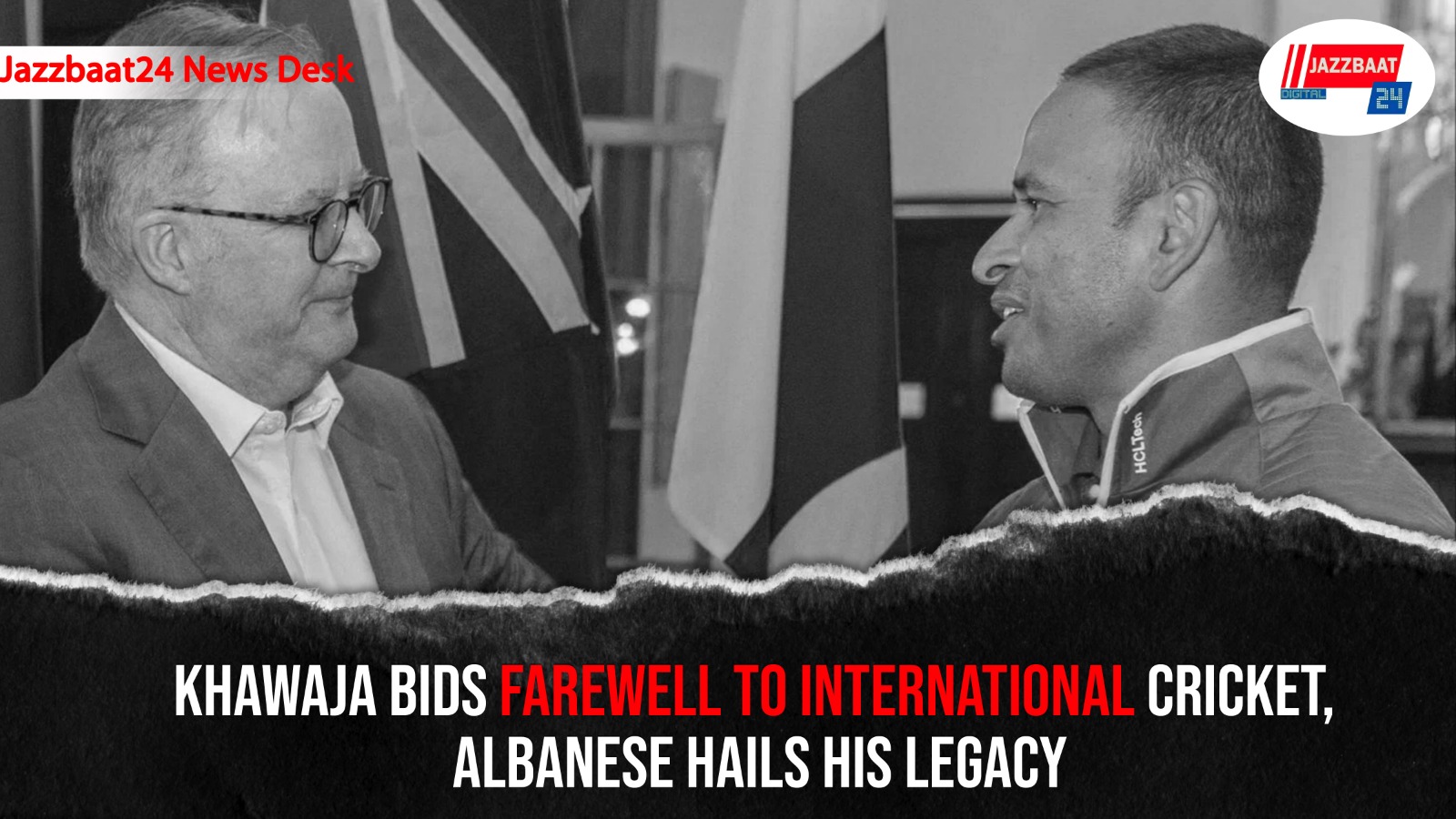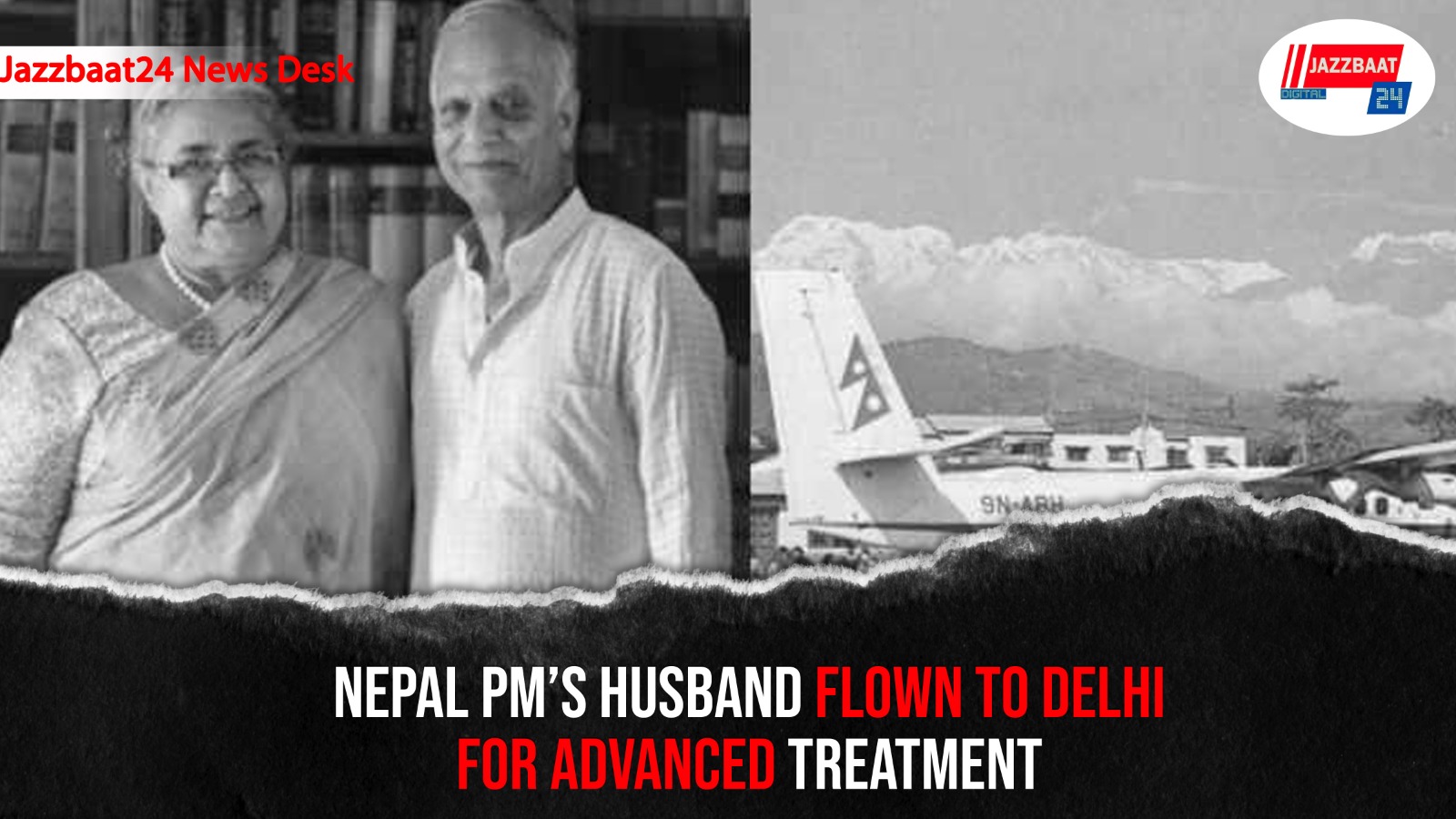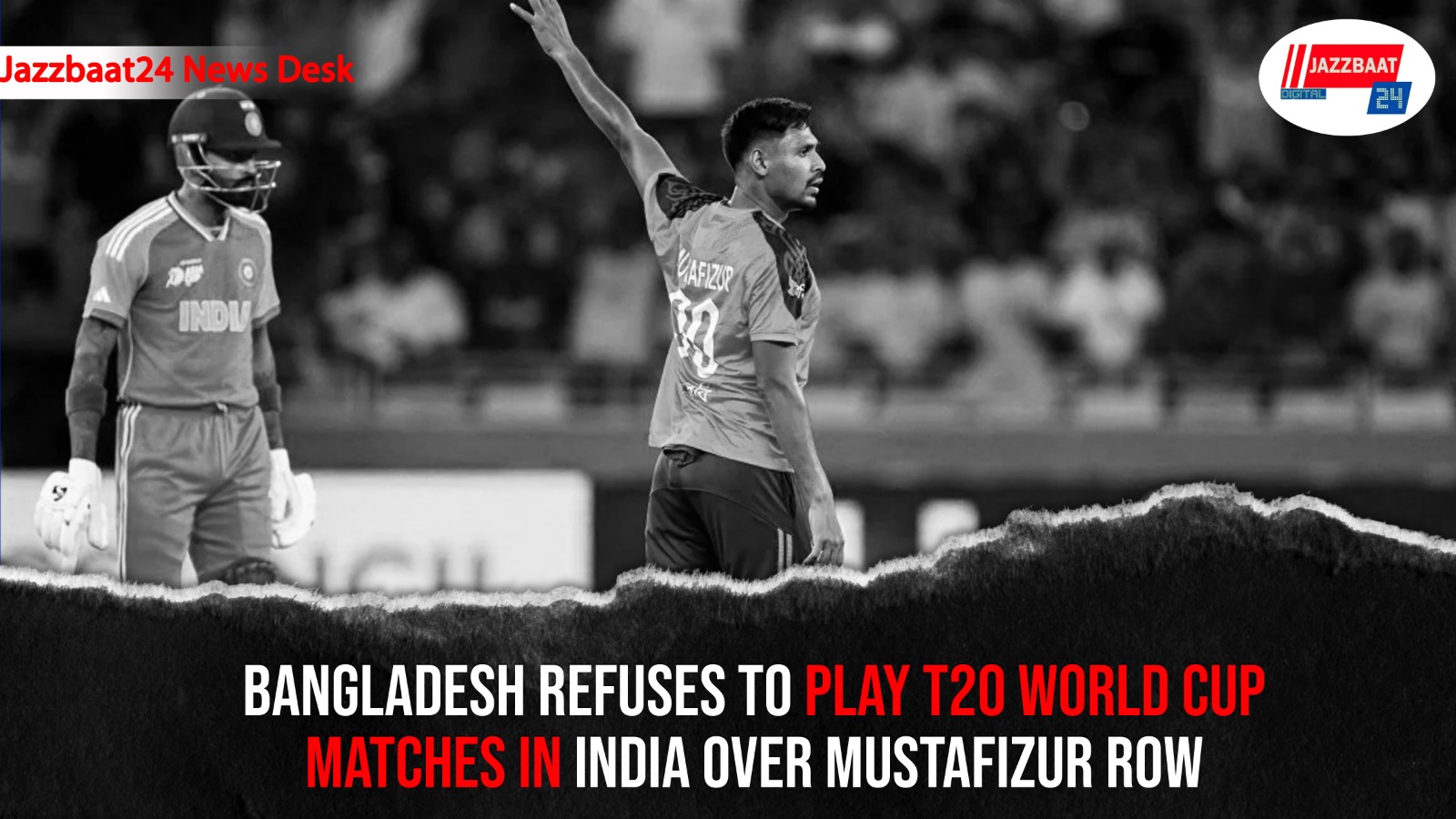Mumbai CEO Urges Zomato, Swiggy, and Zepto to Combat India’s Junk Food Addiction, Encourages Healthy Cooking at Home
A Mumbai-based CEO has stirred a nationwide debate by urging leading food delivery platforms—Zomato, Swiggy, and Zepto—to take responsibility for addressing India’s growing junk food addiction. In a public appeal, the CEO emphasized the alarming health risks associated with excessive fast food consumption and encouraged citizens to prioritize home-cooked meals over readily available junk food.
The CEO, whose identity has sparked interest across social media, expressed concern about how the convenience of food delivery apps is fueling unhealthy eating habits among Indians. He highlighted the increasing dependence on junk food, particularly among young professionals and students, who often opt for quick fixes over nutritious meals due to busy schedules.
Addressing food delivery giants directly, the CEO stated, “Zomato, Swiggy, and Zepto have a powerful influence on our eating habits. While they provide convenience, they also have a responsibility to promote healthier choices.” He proposed that these platforms implement measures such as prominently featuring healthier meal options, creating awareness campaigns about the dangers of junk food, and partnering with nutritionists to educate their users.
In addition to his message to corporations, the CEO urged the public to take a proactive approach to their health by embracing home-cooked meals. He emphasized that cooking at home not only ensures better nutritional value but also fosters a deeper connection with food. “We are what we eat,” he said. “Cooking at home is not just healthier but also a way to instill mindfulness in our daily lives.”
The appeal has sparked a lively debate online, with mixed reactions from the public. Supporters of the CEO’s message agree that the overconsumption of junk food is a growing concern in India, contributing to rising cases of obesity, diabetes, and heart disease. Many have applauded his call for responsibility from both corporations and individuals.
However, critics argue that the convenience offered by food delivery apps is indispensable in today’s fast-paced world. They believe that the onus of making healthy choices lies with the consumer, not the platforms. Some also pointed out that these apps already feature healthy meal options and that individual self-discipline is key to curbing junk food addiction.
In response to the CEO’s appeal, several food delivery platforms have hinted at exploring ways to encourage healthier eating habits. A spokesperson from one of the companies remarked, “We appreciate the feedback and are committed to supporting healthier lifestyles through innovative offerings and partnerships.”
The conversation has also reignited discussions about India’s food culture and the importance of balancing modern convenience with traditional, wholesome eating habits. Nutritionists have joined the discourse, advocating for more awareness about the dangers of junk food and the benefits of cooking at home.
As India continues to grapple with lifestyle-related health challenges, the Mumbai CEO’s call to action serves as a timely reminder of the role that corporations, individuals, and communities play in promoting healthier living. Whether this appeal leads to tangible changes remains to be seen, but it has undoubtedly sparked a critical conversation about the nation’s eating habits.





